Blockchain-based solutions are transforming everything from finance to supply chains. Among the most prominent innovations is the Ethereum blockchain and its ERC20 token standard. The ERC20 token protocol has become the de facto standard for building fungible tokens, and the rise of these tokens has propelled the need for secure, user-friendly, and scalable ERC20 token wallets.
In 2025, as the crypto landscape matures, the demand for high-performance ERC20 token wallet development services has skyrocketed. With thousands of projects launching tokens and millions of users interacting with Ethereum-based dApps, the role of a competent token wallet has become foundational to user experience and security.
Understanding ERC20 Token Wallets
An ERC20 token wallet is a digital application that allows users to store, send, receive, and manage ERC20 tokens, which are standardized tokens on the Ethereum blockchain. Unlike Bitcoin wallets, which primarily handle one currency, ERC20 wallets are typically designed to support a wide array of Ethereum-based tokens.
These wallets are critical because:
- They enable token transfers securely.
- They allow interaction with DeFi protocols, NFT marketplaces, and DAOs.
- They support smart contract execution.
- They store both private and public keys necessary for wallet access.
Market Trends Driving Wallet Development
Several macro and micro trends are influencing wallet development today:
- DeFi Boom: With DeFi apps relying heavily on ERC20 tokens, users need wallets to interact with lending, staking, and yield farming protocols.
- NFT Market Integration: Many wallets now support NFT viewing and transactions.
- DAOs and Governance: Token wallets are used for voting and governance participation.
- Cross-Chain Compatibility: Users want to manage assets across chains within a single wallet.
- Mobile-First Adoption: With crypto going mainstream, mobile wallets dominate user preferences.
Wallet development services that adapt to these trends quickly gain a competitive edge.
Key Features of Top-Tier ERC20 Wallets
Multi-Token Support
Users want to store multiple ERC20 tokens and other Ethereum-based assets like ERC721 and ERC1155.
Secure Private Key Storage
Wallets must provide secure encryption and options like hardware wallet integration and seed phrase generation.
Seamless Token Swaps
Native integration with decentralized exchanges (DEXs) like Uniswap allows users to swap tokens within the wallet.
Real-Time Portfolio Tracking
Integrated market data, charts, and price alerts help users make informed decisions.
QR Code Support for Easy Transfers
QR scanning enables fast, error-free transactions.
Push Notifications
Real-time alerts for received funds, gas fees, or transaction approvals improve usability.
Core Components of Wallet Architecture
A robust ERC20 wallet development service understands architecture at the microservice level:
- Frontend Layer: Built using frameworks like React Native or Flutter for cross-platform apps.
- Backend Infrastructure: Node.js, Python, or Go with Web3 libraries.
- Blockchain Layer: Ethereum nodes or Infura integration for network connectivity.
- Database Layer: Secure, encrypted databases to handle off-chain data like preferences or app logs.
- Security Layer: Two-factor authentication, biometric login, and secure key vaults.
Essential Attributes to Seek in ERC20 Token Wallet Development Solutions

In today’s crowded crypto realm, an ERC20 wallet needs to offer more than tokenstorage. If you’re constructing a DeFi platform, NFT marketplace, or launching a new token, picking the correct ERC20 token wallet development solutions necessitates prioritizing features that improve security, user experience, and future compatibility. Here are the essential features every high-performing wallet must include:
Advanced Security Protocols:
Leading companies that develop ERC20 token wallets prioritize security by employing multiple layers of protection. They integrate features like two-factor authentication (2FA), biometric access, and encrypted storage for private keys. These strategies are essential for protecting user assets and minimizing potential risks.
Intuitive UI/UX Design:
User adoption relies a lot on how easy it is to use. Modern wallets need to feature a clean and responsive interface, making everything from transferring tokens to checking transaction history straight forward even for those who are using it for the first time.
Multi-Token and Multi-Chain Support:
While ERC20 tokens function on Ethereum, numerous users possess assets across several standards and chains. Adaptable ERC20 token walletcreationservicesguaranteecross-chain operability and versatility.
Security Protocols That Instill User Trust
Security is not a feature; it is a requirement. Trust hinges on the protection of user funds. Elite wallet development services offer:
- AES-256 Encryption for private keys.
- Multi-signature Wallets for institutional users.
- Hardware Wallet Integration (e.g., Ledger, Trezor).
- Biometric Authentication (Face ID, Fingerprint).
- Transaction Signing Logic to avoid front-running attacks.
- Anti-Phishing Measures within the app UI.
Cross-Platform Compatibility
Users today expect a seamless experience across devices. A wallet must be:
- Available on iOS and Android
- Browser-accessible (Chrome Extensions like MetaMask)
- Compatible with Hardware Wallets
- Interoperable with other chains (via bridges or Layer 2s)
The best development teams use frameworks like React Native, Flutter, and Electron to ensure consistent UI/UX across platforms.
Integration Capabilities with dApps and DeFi
No ERC20 wallet is complete without robust dApp integration:
- Web3 Browsers: Embedded browsers for connecting to DeFi platforms.
- WalletConnect Support: Seamless connection to desktop dApps.
- Smart Contract Signing: Support for gas estimation, nonce management, and batched transactions.
Top wallets even support staking dashboards, liquidity pool participation, and yield farming directly within the interface.
Advanced UX/UI and Accessibility
Great UX is a competitive moat in 2025. High-performing wallets have:
- Minimalist, intuitive designs
- Onboarding walkthroughs for new users
- Tooltips and help buttons
- Multi-language support
- Dark mode for accessibility
Wallets must accommodate both crypto novices and power users.
Scalability and Performance Optimization
As user bases grow, wallets must handle:
- High transaction volumes
- Real-time sync with Ethereum mempool
- API rate limits from services like Infura or Alchemy
Scalable wallet services use:
- Caching systems (e.g., Redis)
- Cloud infrastructure (AWS, GCP)
- Load balancers
- Asynchronous transaction handling
KYC, AML, and Regulatory Compliance
Though self-custodial wallets don’t typically require KYC, compliance is increasingly essential in:
- Custodial Wallets
- Institutional Wallets
- Wallets integrated with fiat on-ramps
Top wallet development services integrate:
- KYC APIs like Jumio, ShuftiPro
- Compliance engines for AML
- Geo-restriction mechanisms
Regulatory compliance builds user trust and opens doors for exchange partnerships.
Custom Wallet Development vs White Label Solutions
Companies often face a choice:
- Custom Wallet: Tailored to business logic, branding, and features.
- White Label Wallet: Quick-to-market, cost-efficient, scalable.
The Role of AI and Automation
AI is revolutionizing wallets by:
- Detecting suspicious transactions
- Recommending gas fees dynamically
- Chatbot-based support
- Auto-categorization of wallet activity
- Predictive analytics for portfolio management
These features help wallets offer intelligent interactions and proactive security.
Real-World Use Cases of ERC20 Token Wallets
Understanding how ERC20 token wallets are used in real-life adds clarity to their importance. Here are several domains where they play a pivotal role:
Token-Based Crowdfunding (ICOs/IDOs)
Startups launching an ERC20 token need wallets that support token reception and distribution, often integrated into crowdfunding platforms.
Gaming and Metaverse Platforms
GameFi applications often use ERC20 tokens for in-game economies, necessitating wallets that are compatible with NFTs and gaming assets.
Loyalty and Reward Systems
Brands are tokenizing reward points using ERC20 standards, with wallets acting as custodians of loyalty points.
P2P Payments and Microtransactions
With low-cost L2 solutions, ERC20 wallets enable real-time micro-payments in DApps, especially across social and creator platforms.
Interoperability with Other Standards and Chains
Today’s wallet must support more than just ERC20. Interoperability is a competitive advantage.
- ERC721/ERC1155 Integration: For NFTs and semi-fungible tokens.
- Bridge Integrations: Connect with Polygon, BSC, Avalanche, and Solana.
- Cross-Chain Wallet SDKs: Used to abstract multi-chain support from a single interface.
- Wrapped Assets: Managing wrapped Bitcoin (WBTC), for instance, within Ethereum wallets.
Importance of Token Management Features
A sophisticated wallet should provide tools for token lifecycle management, such as:
- Token Import/Custom Token Addition: Users can manually add tokens using contract addresses.
- Transaction History Filters: Helps in better analysis and tax reporting.
- Gas Fee Optimization: Wallets that recommend the best time or price to initiate transactions gain popularity.
- Blacklisting Suspicious Tokens: Protection against scam tokens that clog wallet UIs.
Testing and Quality Assurance in Wallet Development
Wallet failures lead to loss of funds and trust. Quality assurance is non-negotiable.
Common QA Practices Include:
- Unit Testing and End-to-End Testing
- Smart Contract Simulation in Testnets
- Security Audits (Manual + Automated)
- UI/UX Testing Across Devices
- Load Testing and Latency Monitoring
QA teams often simulate hundreds of transaction types, error conditions, and edge cases to ensure robustness.
Documentation and Developer Ecosystem Support
Good wallets offer open-source SDKs or APIs and strong documentation for integrations.
What Elite Developers Provide:
- Detailed API Documentation (REST, Web3.js, ethers.js)
- Demo Apps and Wallet Sandboxes
- GitHub Access with Examples
- Dev Support via Forums and Slack/Discord Channels
This accelerates adoption among developers and startups.
Role of Governance and Community in Wallet Evolution
Top wallets aren’t static. They evolve based on:
- User Feedback
- Governance Proposals
- Open Source Community Contributions
Examples like MetaMask, Trust Wallet, and Argent owe part of their success to strong user and dev communities that shape their roadmaps.
Monetization Models for Wallet Developers
Understanding how wallets generate revenue is vital for business planning. Here are a few monetization paths:
- Token Swap Fees (e.g., integrated DEXs take 0.3% commission)
- Premium Subscriptions (pro versions for institutional users)
- Staking-as-a-Service (earning a cut from user staking)
- Referral Integrations (for fiat onramps like MoonPay, Ramp, etc.)
- Ad-Based Models (offering promoted tokens in wallets)
Wallet development services that incorporate monetization logic add value to enterprise clients.
Localization and Multi-Language Support
For global adoption, wallets must offer:
- Support for Major Languages (English, Mandarin, Hindi, Spanish, etc.)
- Currency Conversions (USD, INR, EUR, etc.)
- Localization of Tax and Compliance Settings
This ensures inclusivity and user growth in emerging markets like Africa, India, and Southeast Asia.
Wallet Analytics and Admin Dashboards
For wallet providers, insights are critical. Admin dashboards help:
- Track Daily Active Users (DAU)
- Monitor Transaction Volume
- Analyze Geographic Distribution
- Detect Anomalous Activity
Wallets built with integrated analytics help providers optimize services, improve UX, and detect fraud proactively.
Partnerships and Ecosystem Integration
An excellent wallet isn’t developed in isolation—it’s part of a larger crypto ecosystem.
Valuable Partnerships Include:
- DEXs and Aggregators (Uniswap, 1inch)
- On-Ramp Providers (MoonPay, Transak, Coinbase Pay)
- KYC/AML Partners (Jumio, Chainalysis)
- Insurance Providers (Nexus Mutual)
Such integrations boost wallet functionality and credibility.
Challenges in ERC20 Wallet Development and How to Overcome Them
Wallet developers often face these hurdles:
- Ethereum Gas Fees: Solved using L2 integration (Arbitrum, Optimism).
- Private Key Recovery: Use of social recovery or MPC (multi-party computation) techniques.
- User Onboarding Complexity: In-app tutorials and simulations improve the learning curve.
- Maintaining Performance on Mobile Devices: Code splitting, light architecture, and device-specific optimization help.
Why Customer Support Matters More Than Ever
Crypto is complex. Users need assistance.
Top wallet developers provide:
- 24/7 in-app chat support
- Community forums
- Tutorials, FAQs, and YouTube guides
- Onboarding assistance for institutions
Wallet support is a brand differentiator, not just an add-on.
Cost, Time, and Resource Considerations
Wallet development is resource-intensive. Timelines and cost depend on:
- Features required
- Security audits
- Blockchain integrations
- Design complexity
- Compliance needs
Typical custom ERC20 wallet builds range between $30,000 to $250,000, depending on functionality.
Future Trends in ERC20 Wallet Development
As the space evolves, expect:
- Account Abstraction: Smart contract wallets replacing EOA-based ones.
- Layer 2 Native Wallets: Faster, cheaper transactions using Optimism, Arbitrum.
- Social Recovery and MPC Wallets: Keyless wallets that are more secure.
- Decentralized Identity (DID) Integration
- Embedded Finance (Fiat<>Crypto bridges)
Wallets will become the gateway to the decentralized internet.
Interesting Facts
- ERC20 Was Introduced in 2015
The ERC20 token standard was first proposed by developer Fabian Vogelsteller and quickly became the foundational framework for Ethereum-based tokens. - Over 900,000 Tokens Use the ERC20 Standard
As of early 2025, there are more than 900,000 ERC20-compliant tokens deployed on the Ethereum blockchain, covering everything from DeFi protocols to meme coins. - Ethereum Hosts 70% of All DeFi Projects
Even with competition from Solana, Avalanche, and BSC, Ethereum continues to dominate with more than 70% of all DeFi protocols using ERC20 tokens and smart contracts. - Most Crypto Wallets Are ERC20-Compatible
Popular wallets like MetaMask, Trust Wallet, and Coinbase Wallet are all designed to handle ERC20 tokens as their default supported token type.
Market Growth Insight
- ERC20 Wallet Market CAGR
The global crypto wallet market is expected to grow at a CAGR of 25.3% from 2024 to 2030, largely driven by the demand for Ethereum-based applications. - ERC20 Token Wallets Drive dApp Usage
A recent study showed that nearly 80% of dApp users interact with the Ethereum network via ERC20-compatible wallets like MetaMask or Rainbow Wallet. - Wallet Security Breaches Have Dropped
Due to improvements in smart contract auditing and wallet architecture, wallet-based breaches involving ERC20 tokens have dropped by 38% since 2022.
Mind-Blowing Comparisons
- The Ethereum Ecosystem is Bigger Than Visa’s Network
Ethereum processes more daily transactions (combined ETH + ERC20) than Visa’s global retail network, exceeding 1.8 million TPS-equivalent actions via L2 rollups. - Wallets are the New “Bank Accounts”
In emerging markets like Nigeria, Vietnam, and India, more people now hold an Ethereum-based wallet than have access to traditional investment accounts. - MetaMask Alone Has Over 30 Million Monthly Users
This shows the scale of ERC20 wallet adoption and the potential for businesses entering the space.
Recent Breakthroughs in Wallet Technology
- Account Abstraction (ERC-4337)
Launched in 2023, this Ethereum upgrade allows smart contract-based wallets to function like user accounts, revolutionizing wallet design and improving UX. - Multi-Party Computation (MPC) Adoption
Institutional-grade wallets now use MPC to split and secure private keys across multiple devices, virtually eliminating single-point-of-failure risks. - Integration of AI-Powered Security
Wallets like Rabby and ZenGo use AI to flag suspicious tokens, detect scam contracts, and recommend safe gas fees—all in real time.
In today’s hyper-competitive crypto ecosystem, ERC20 token wallet development services are not just about writing code. They’re about creating experiences that are secure, scalable, user-friendly, and future-proof. Whether you’re a startup launching a token, a DeFi protocol seeking user wallets, or a business enabling crypto payments, choosing the right wallet development partner can define your success.
By focusing on security, interoperability, user experience, compliance, and continuous innovation, top ERC20 wallet developers help build trust, enhance usability, and unlock new revenue opportunities.
When exploring advanced features of ERC20 token wallet development, it’s important to understand how crypto infrastructure works as a whole. For a deeper dive, check out our blog on why a cryptocurrency exchange script is the backbone of a successful crypto business.


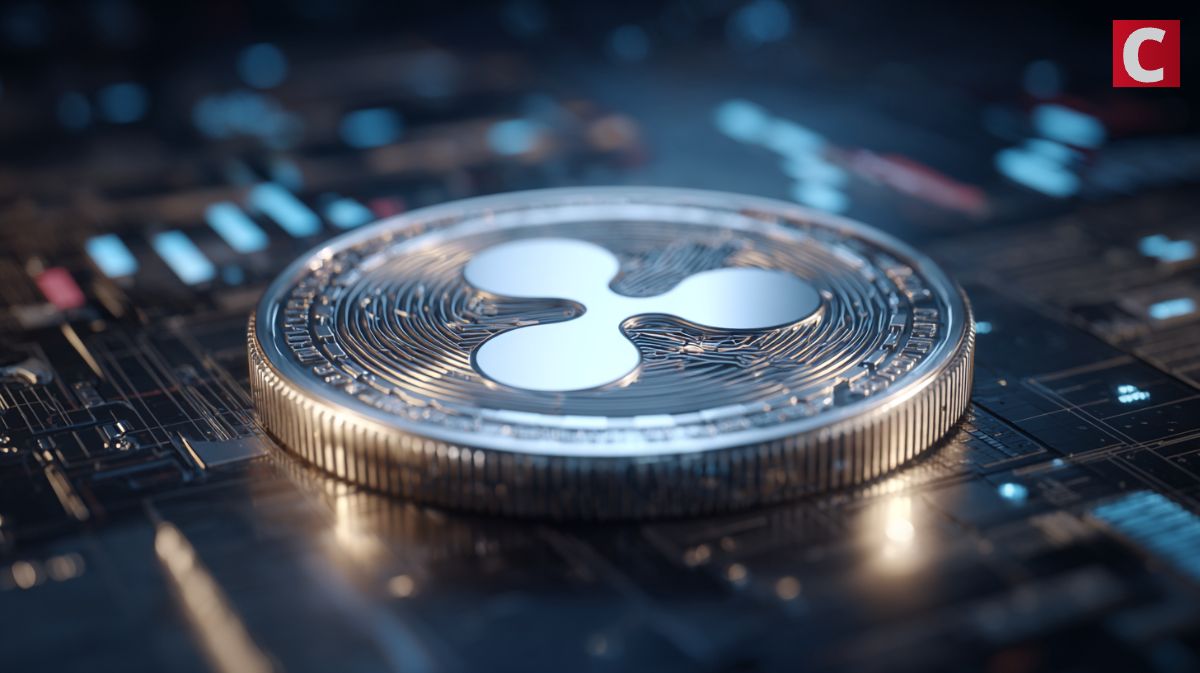
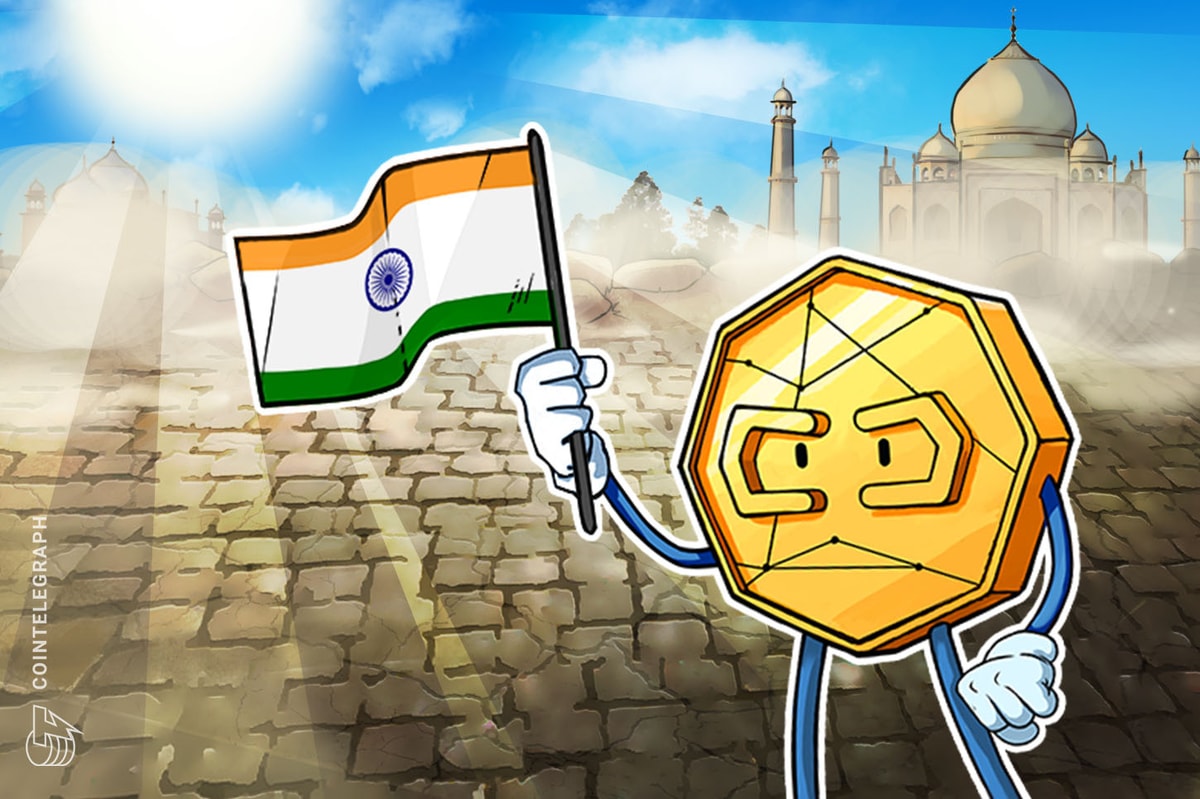


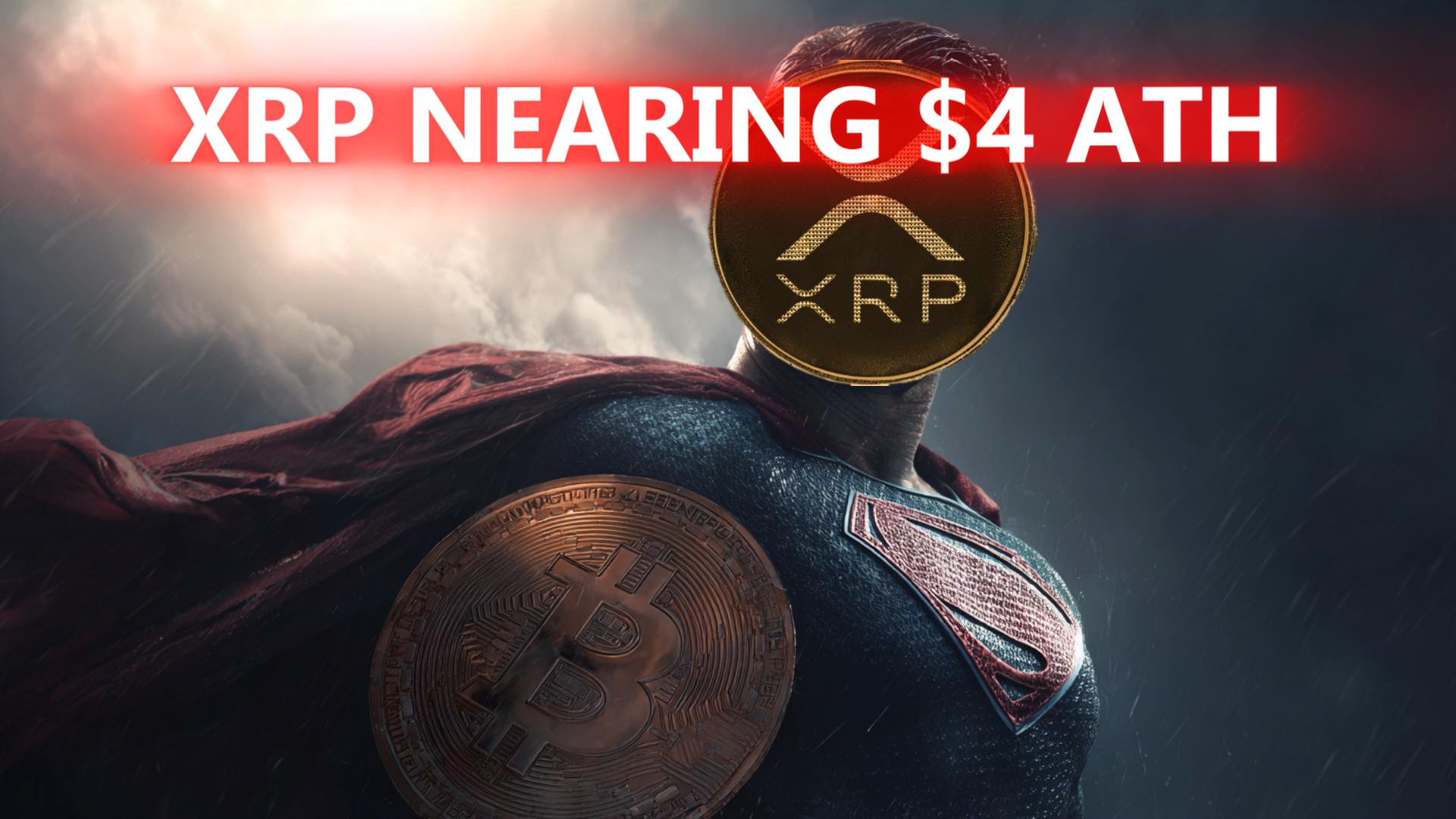
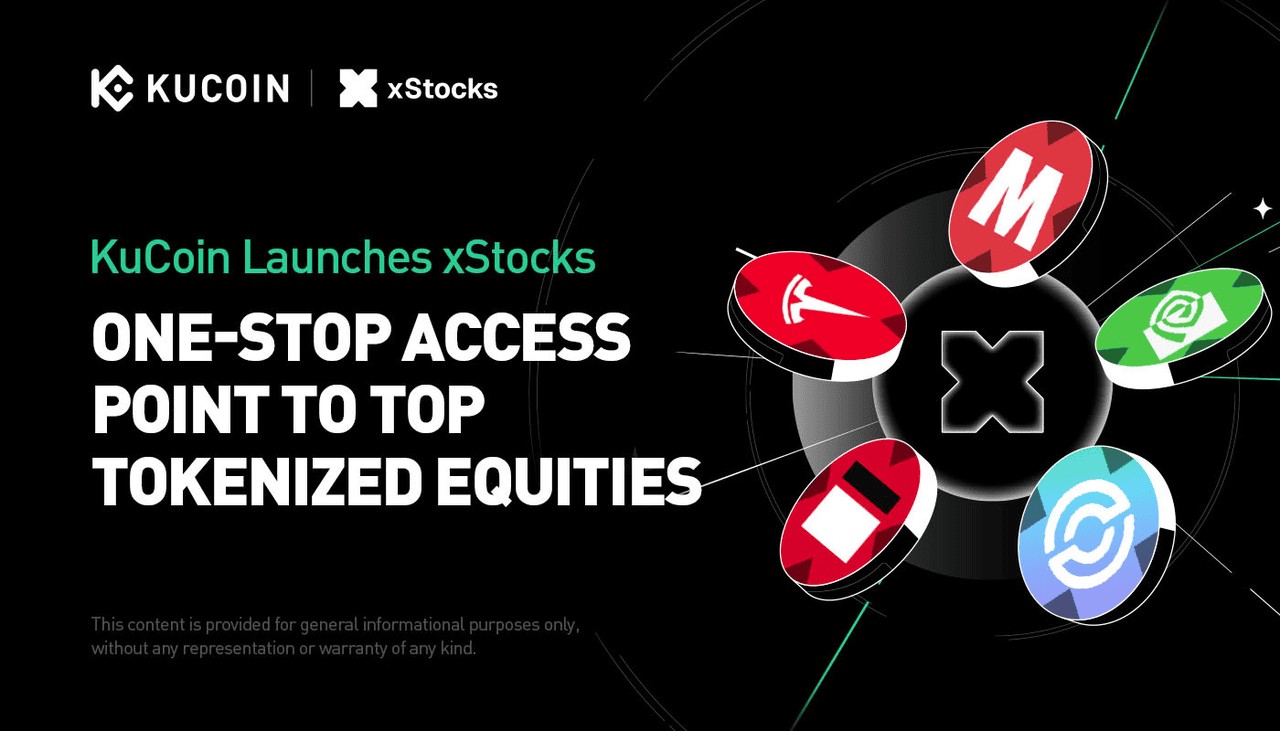


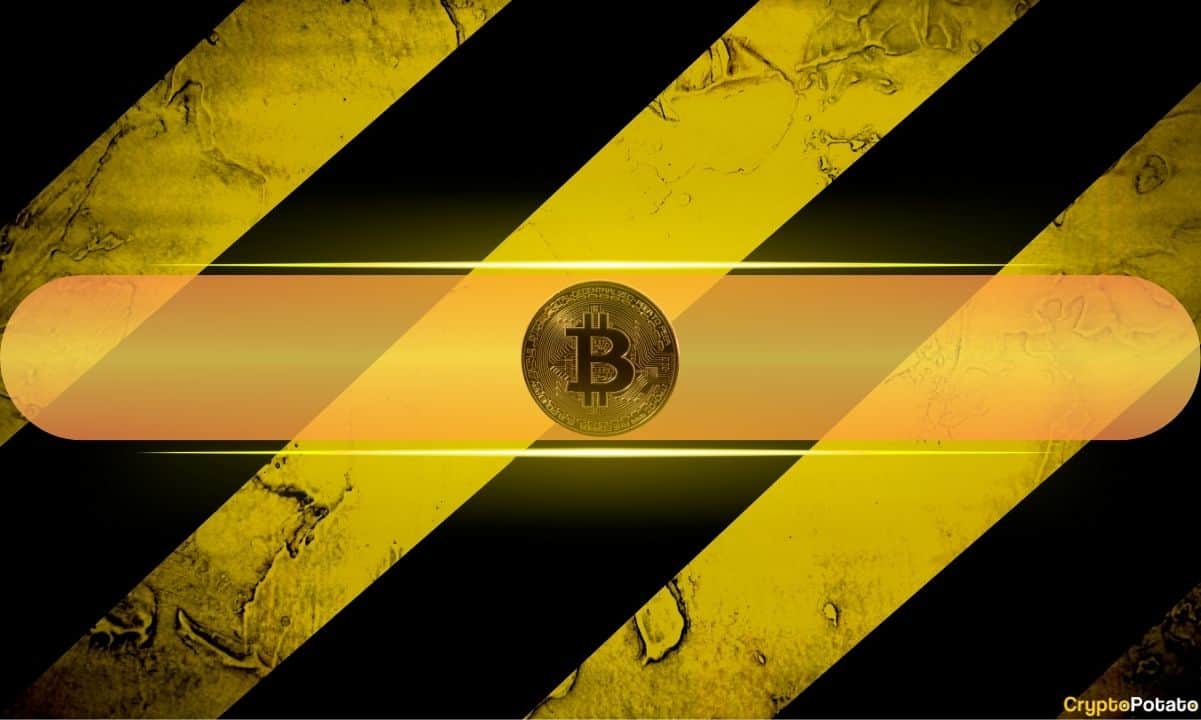



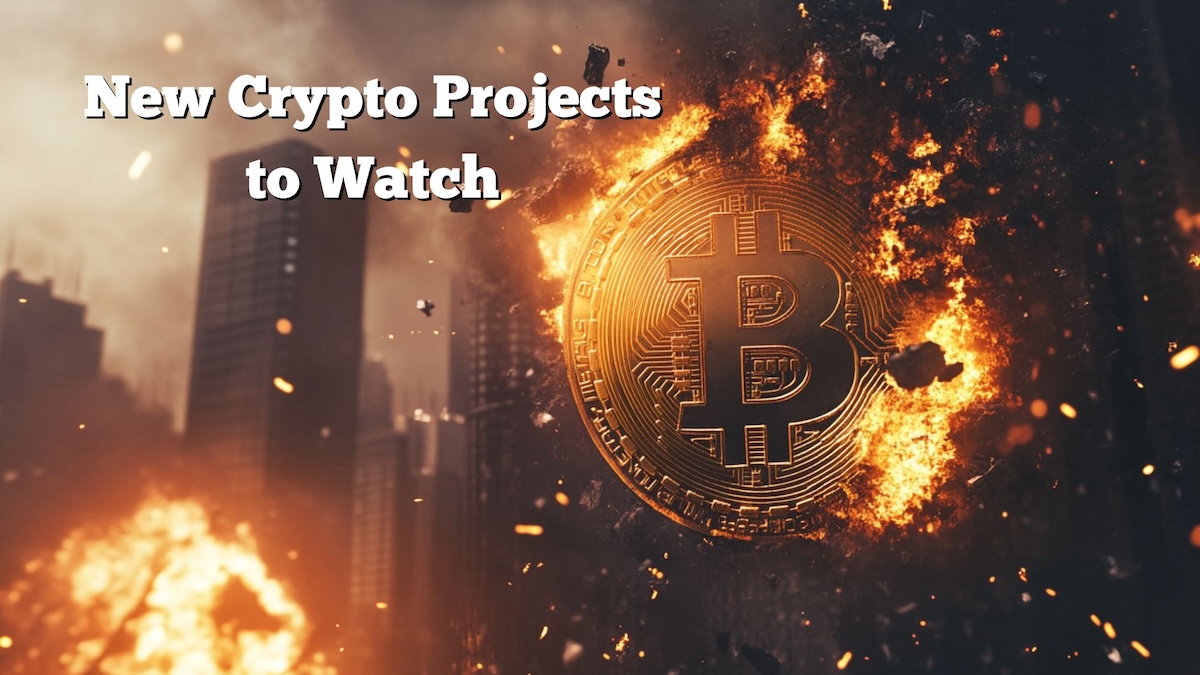


 English (US) ·
English (US) ·